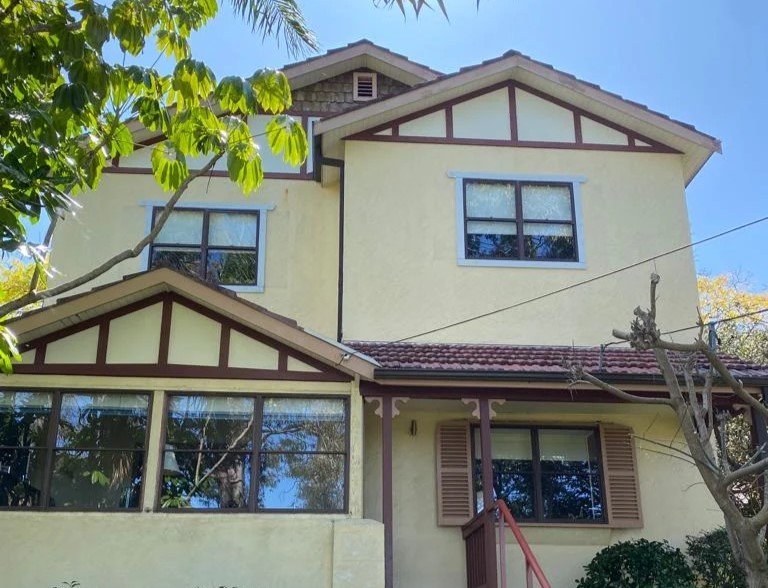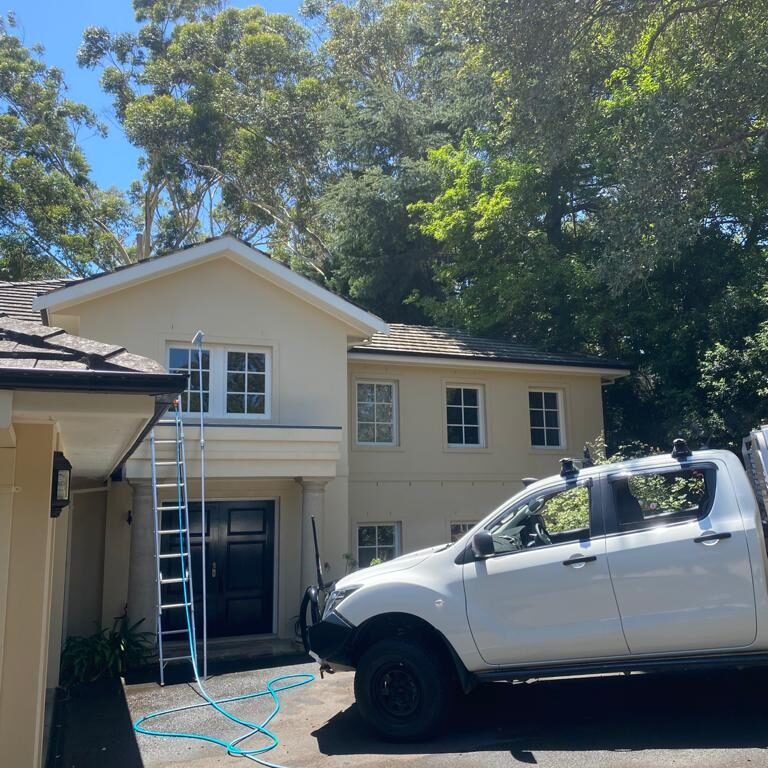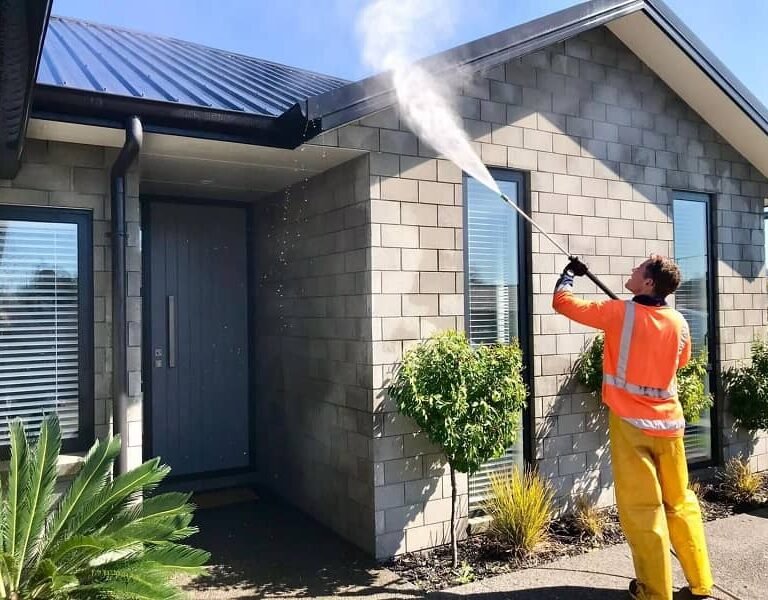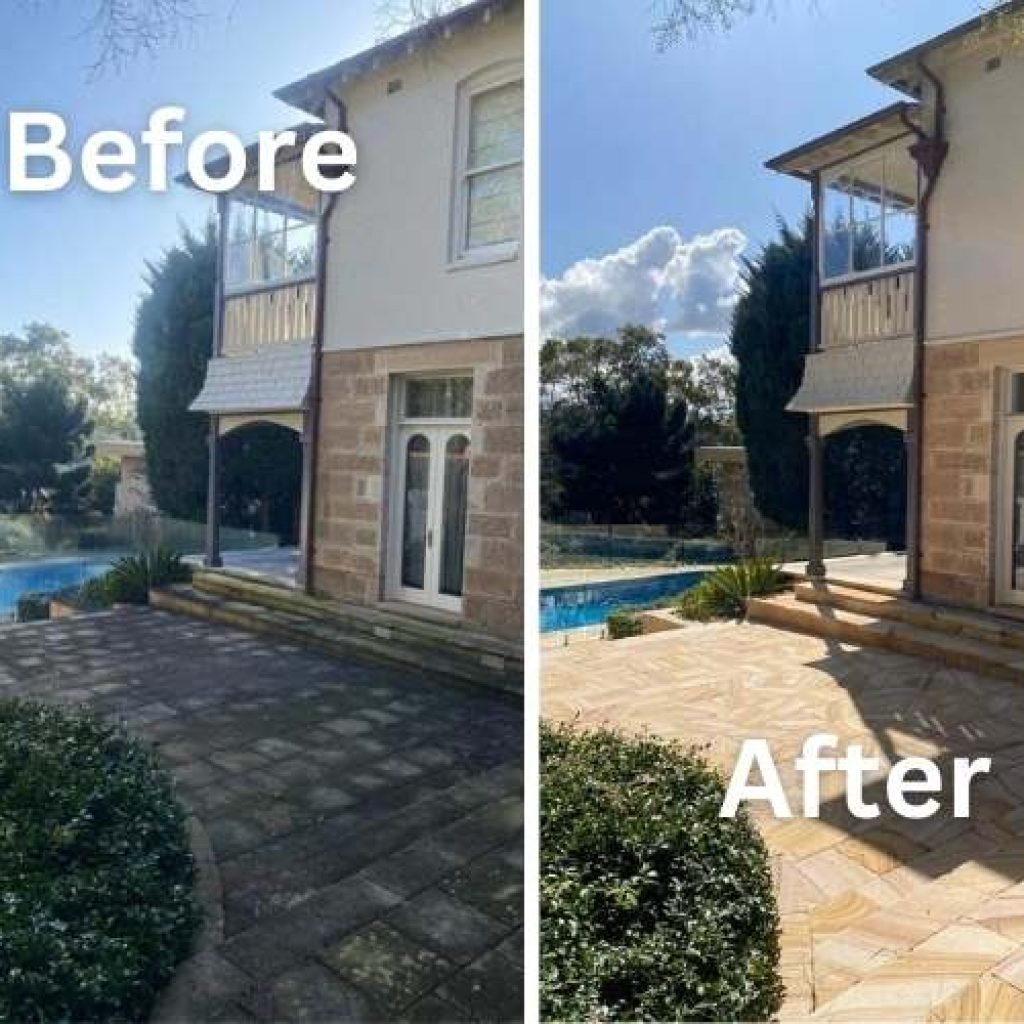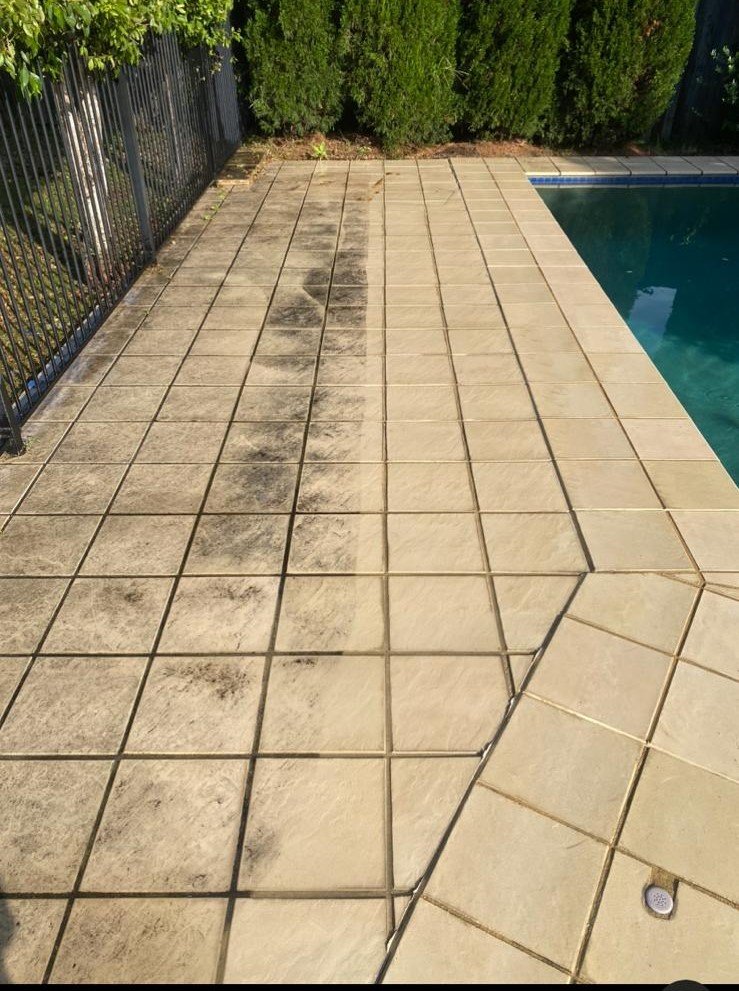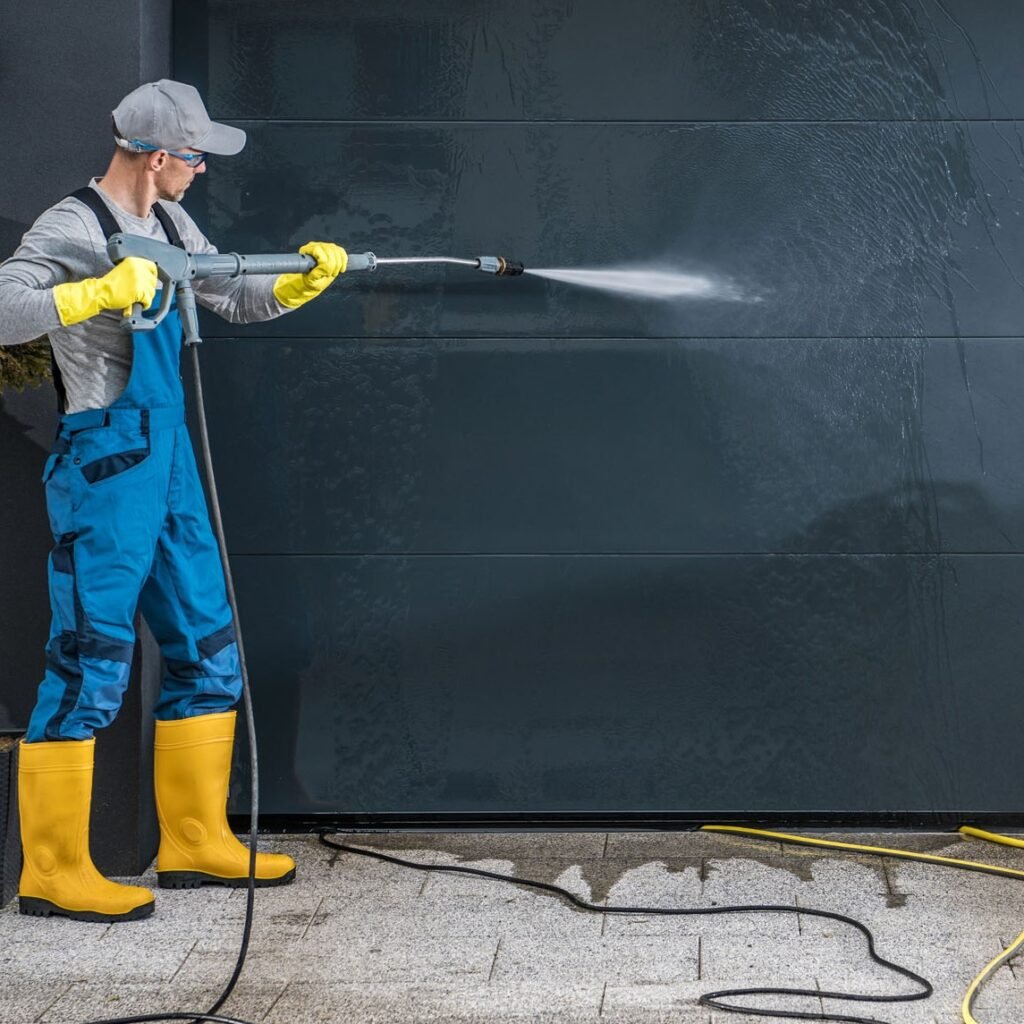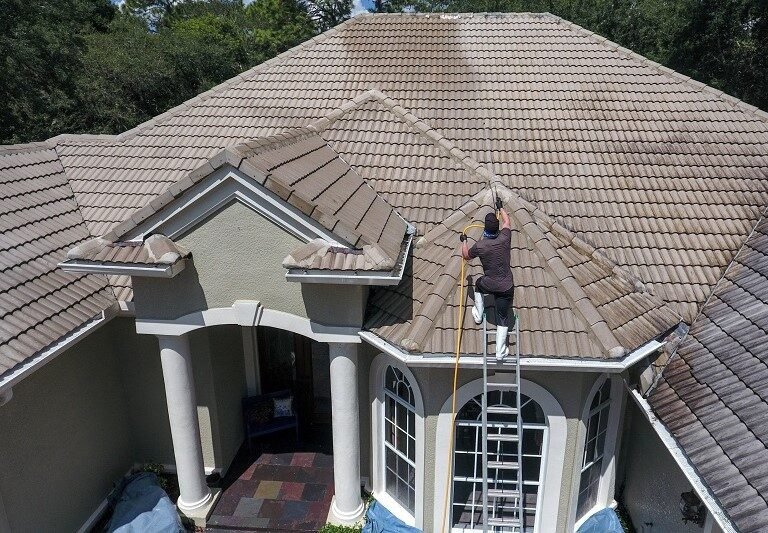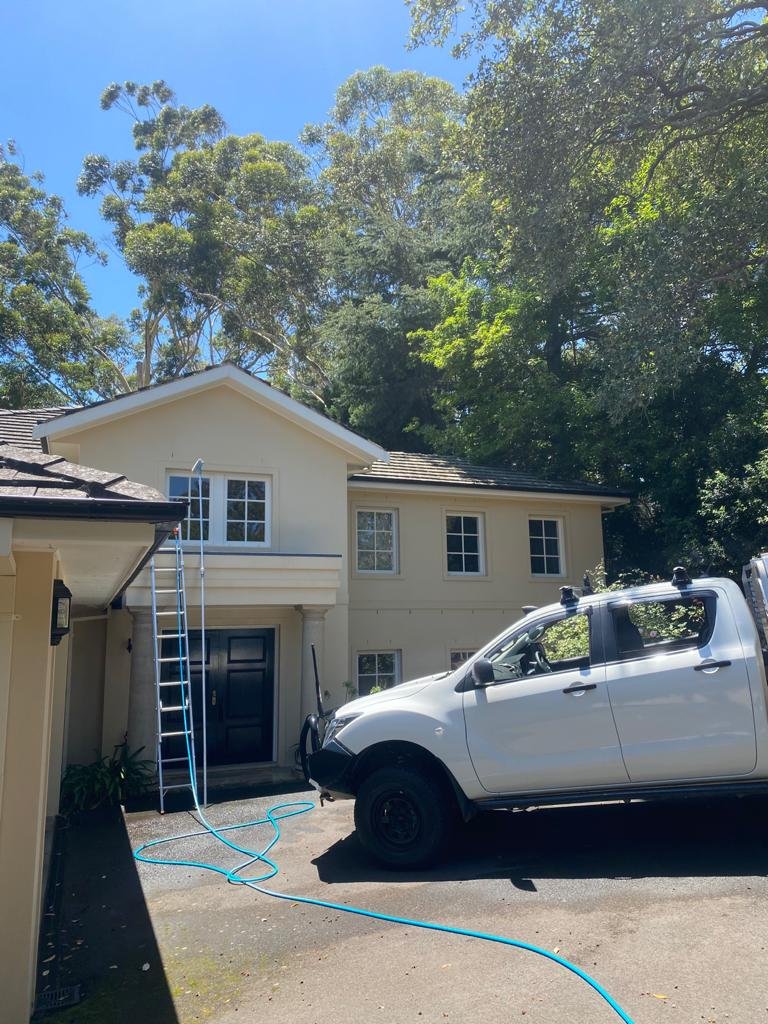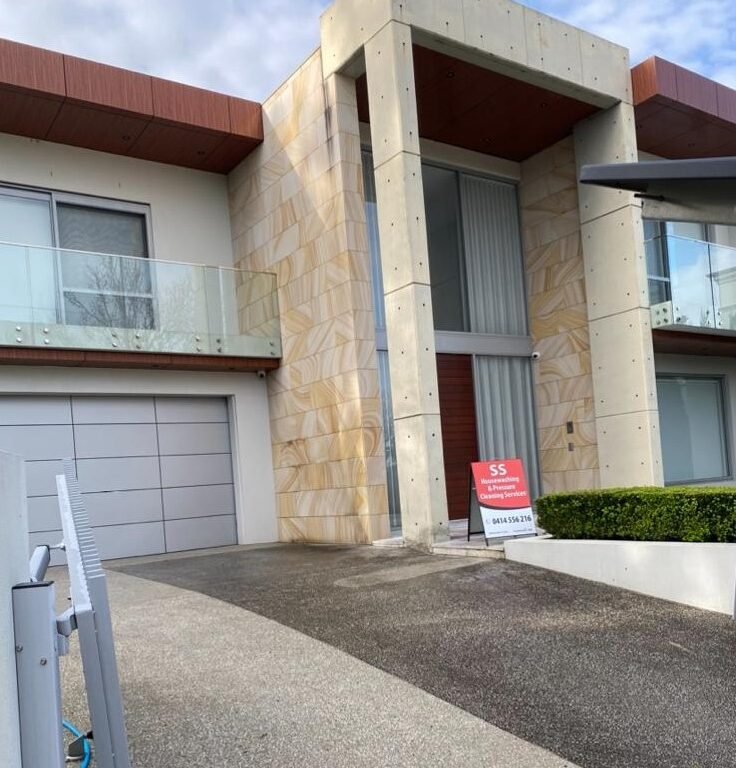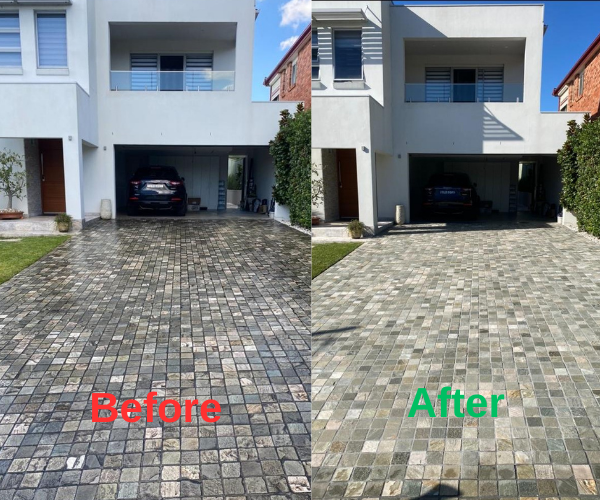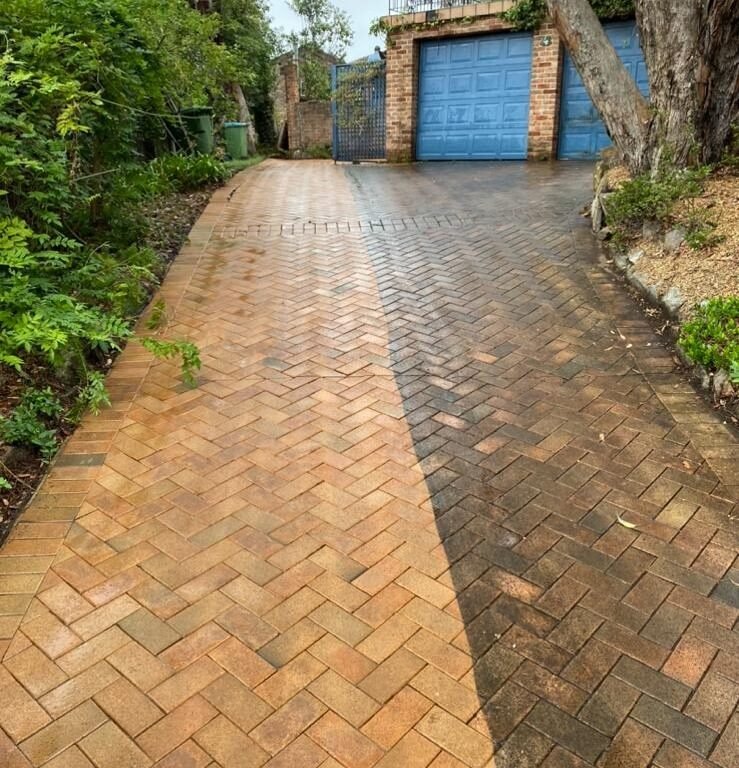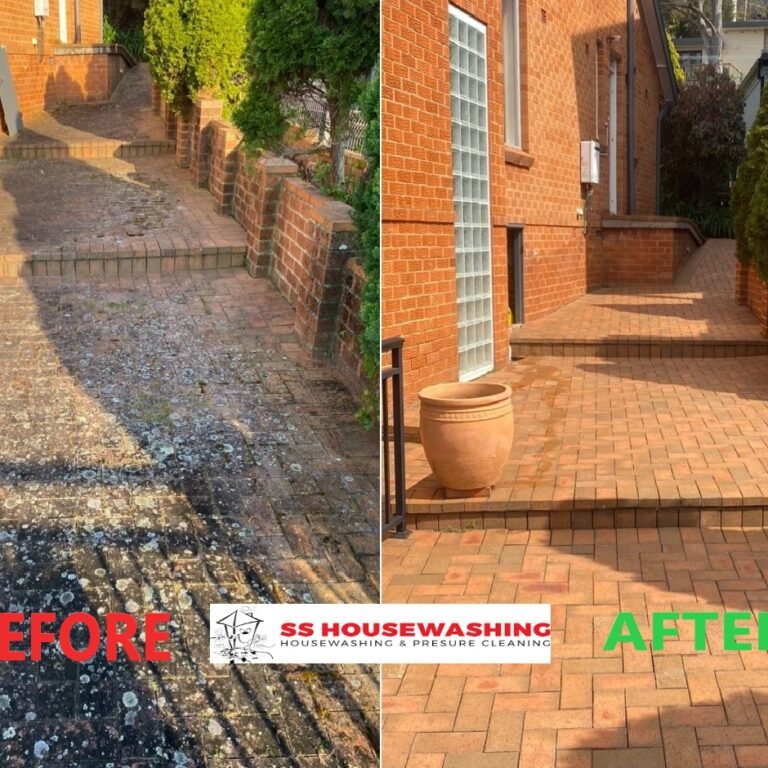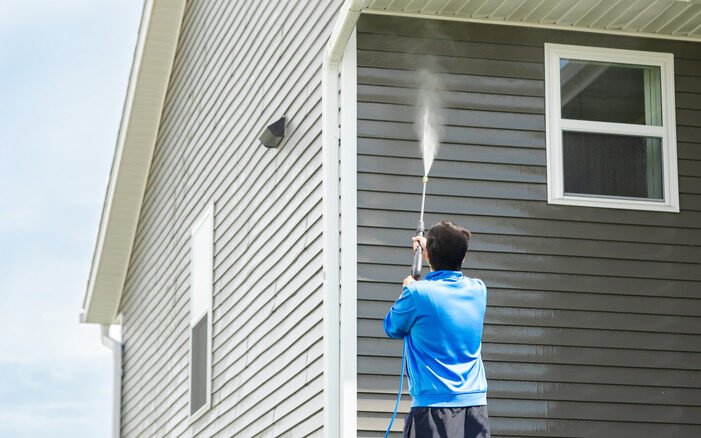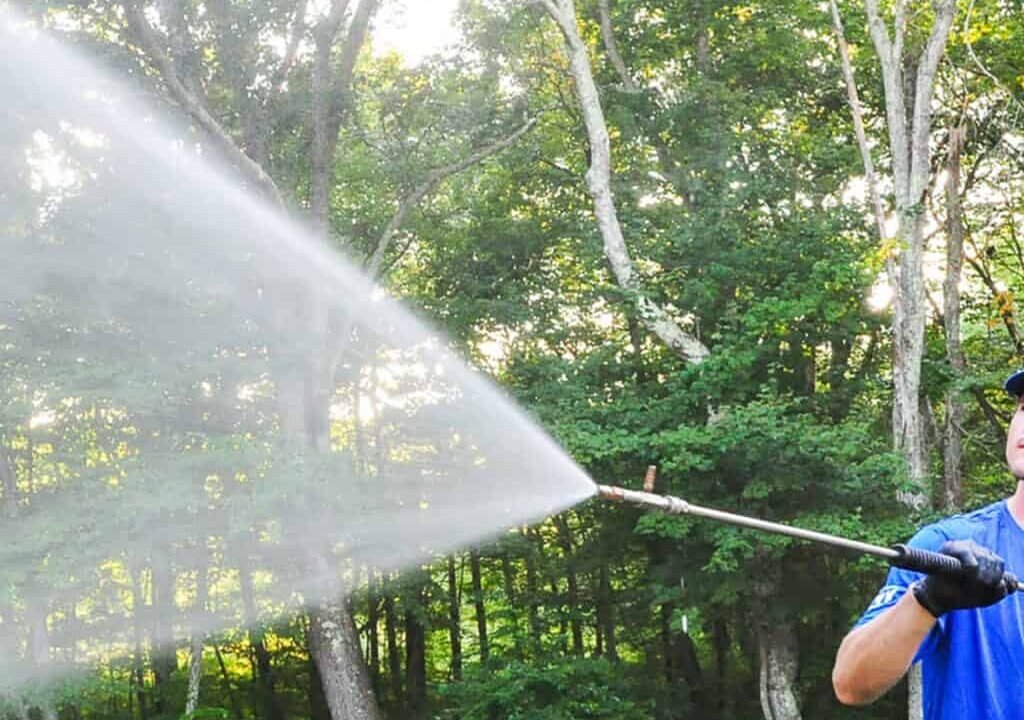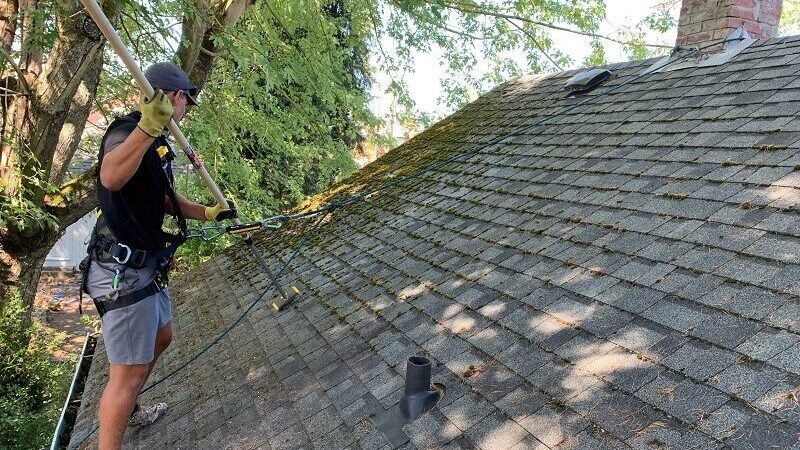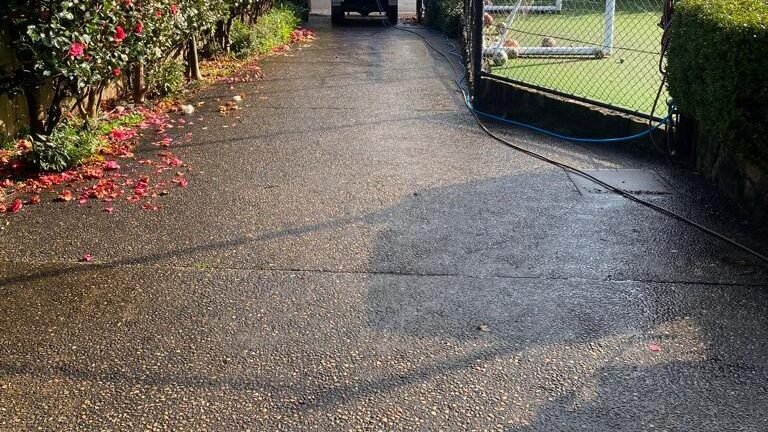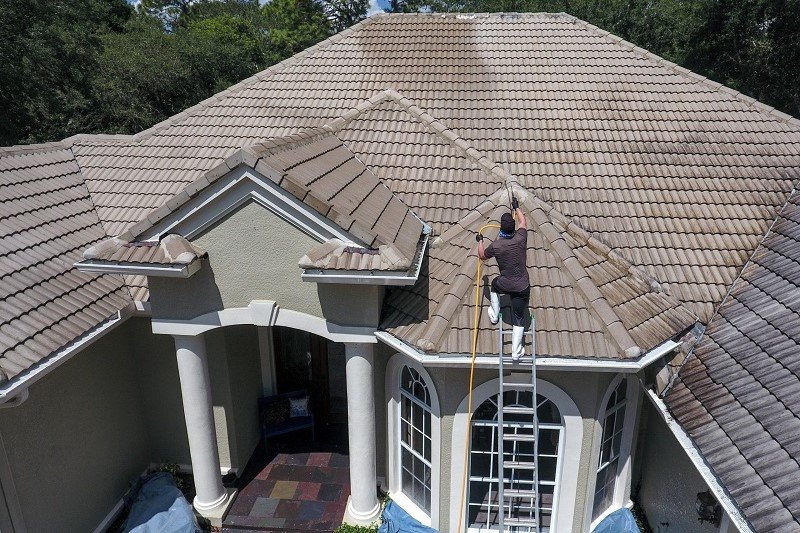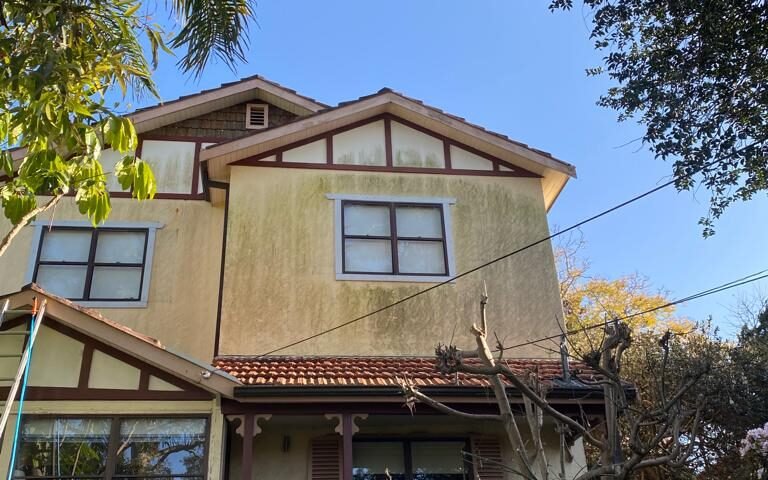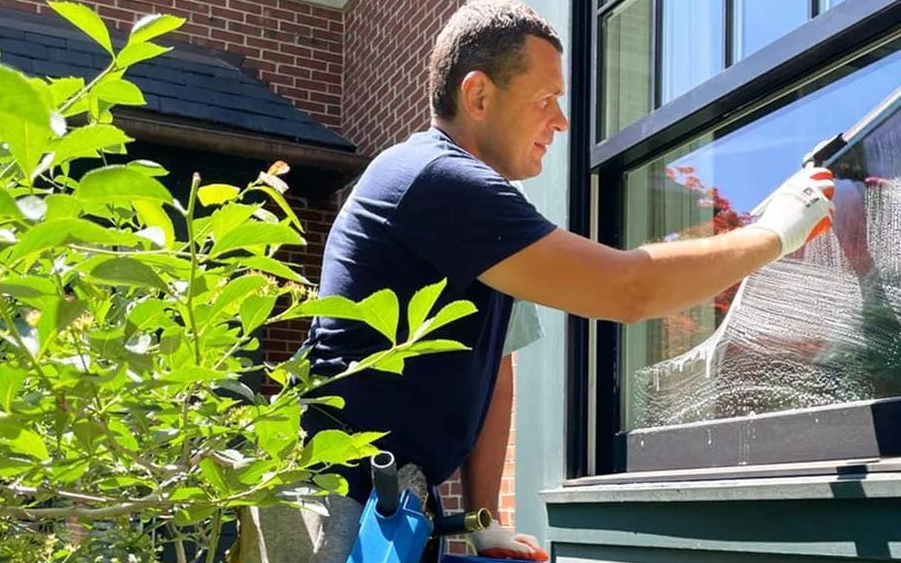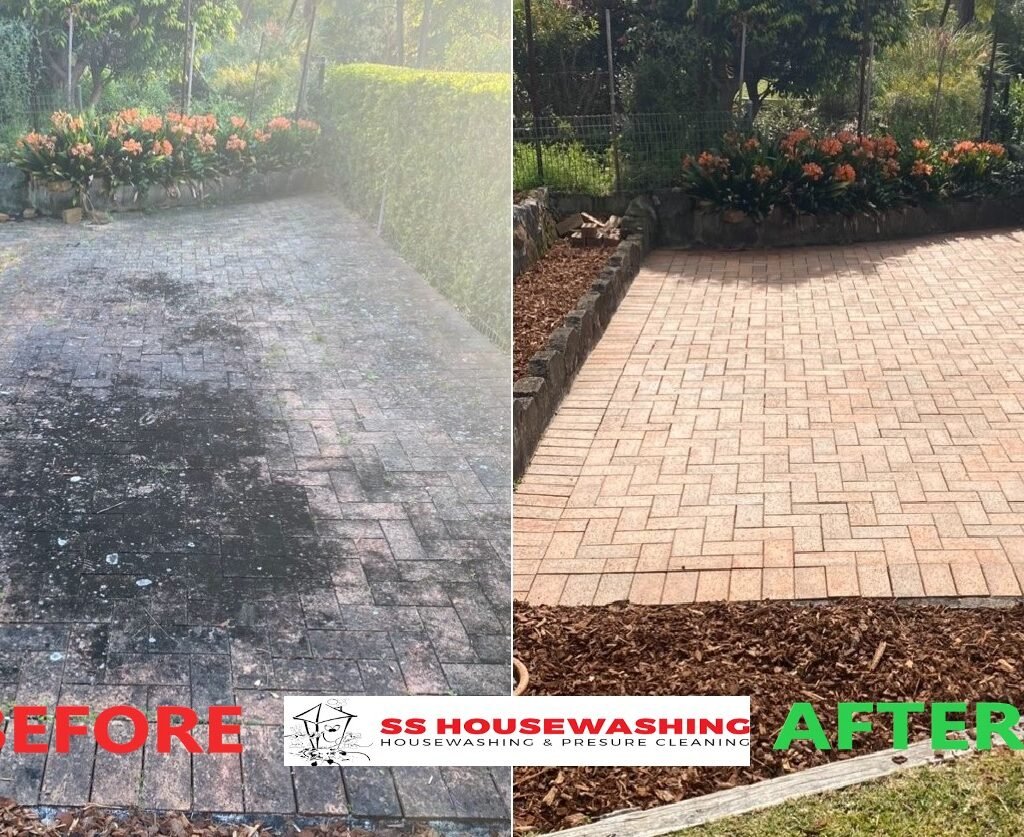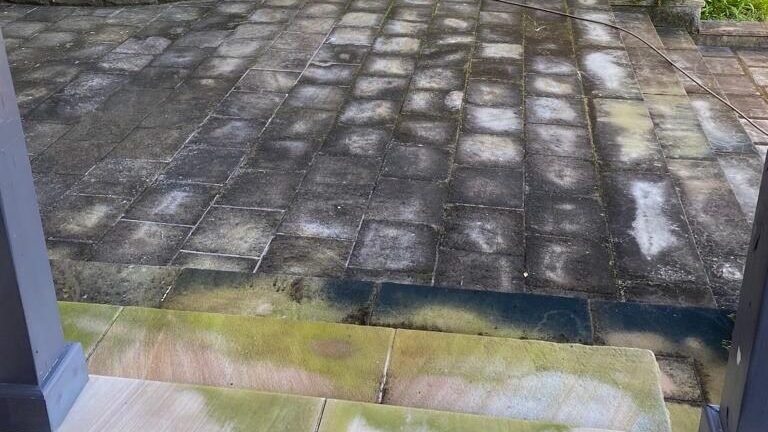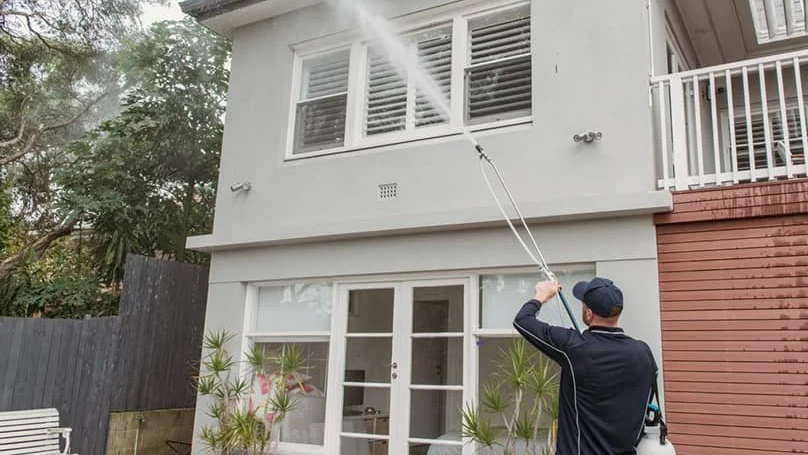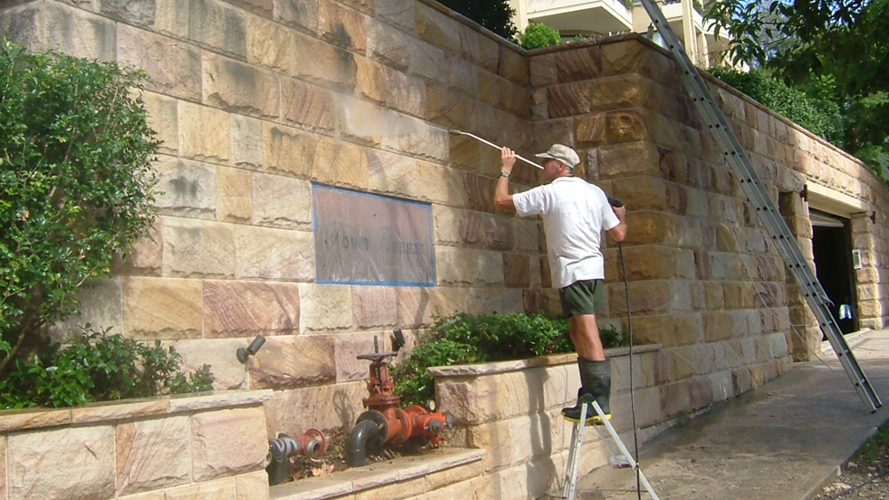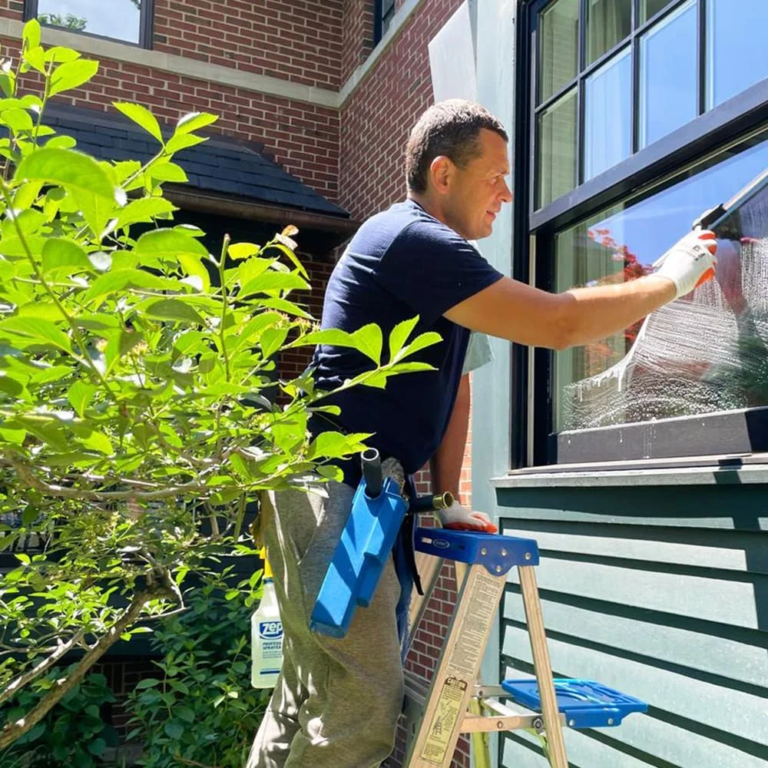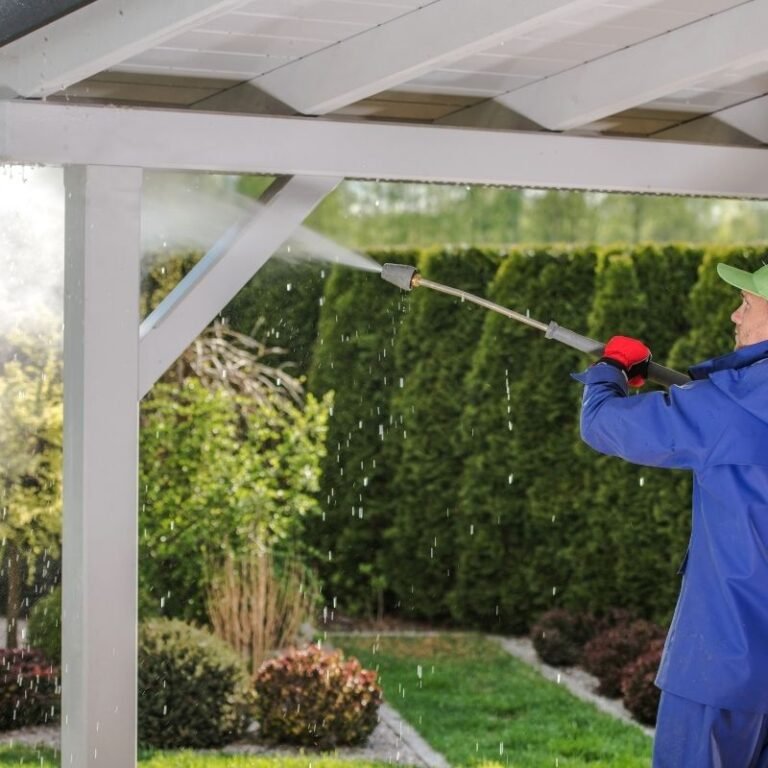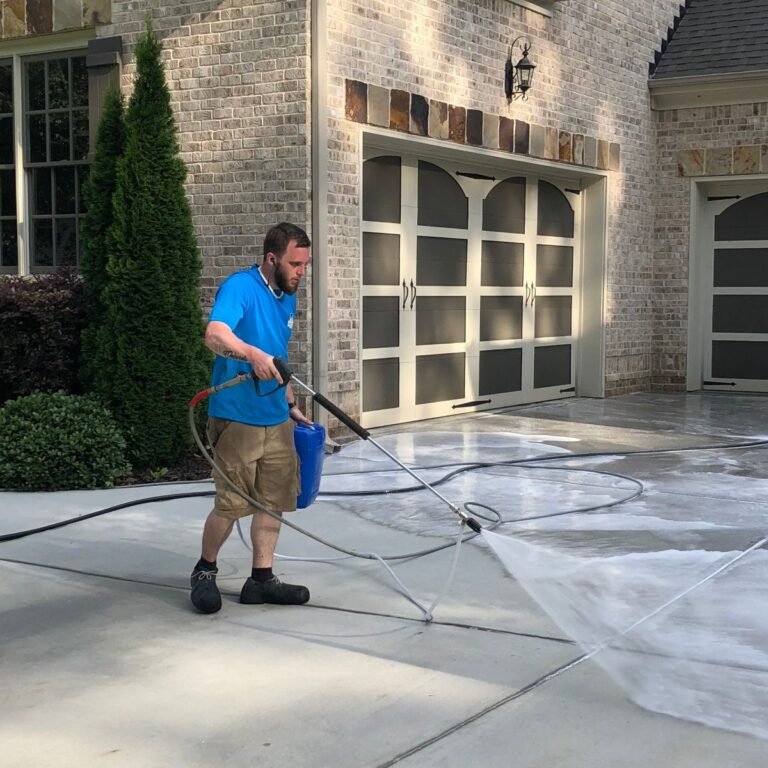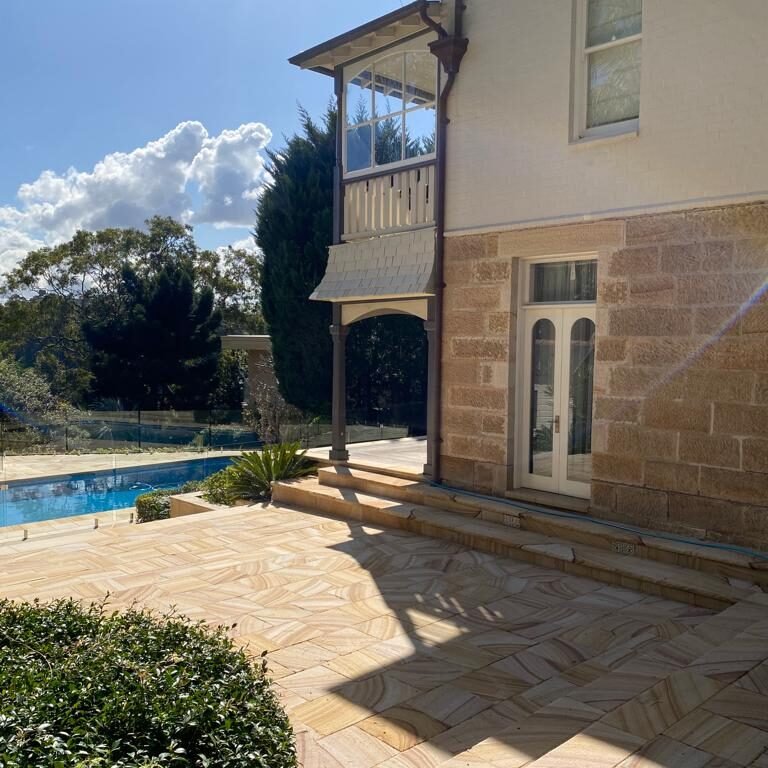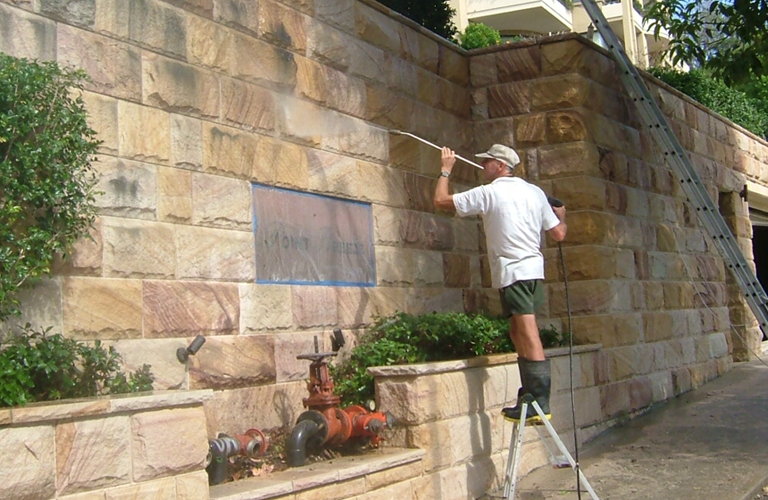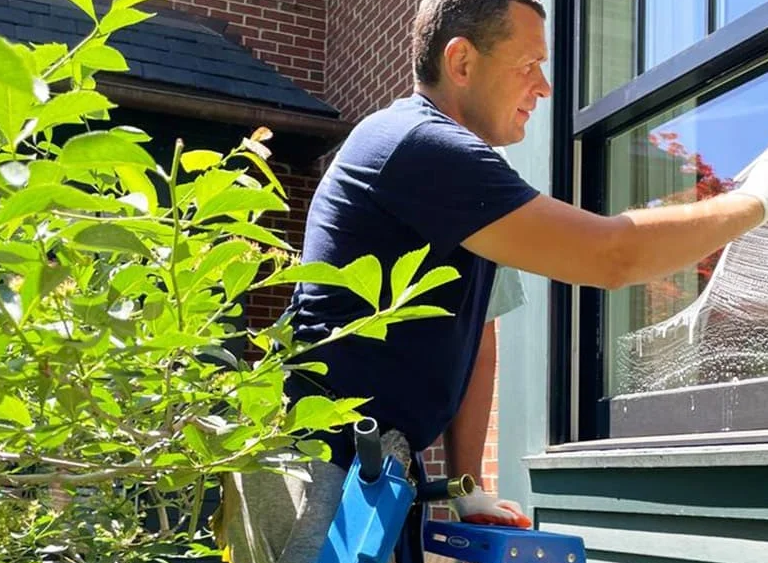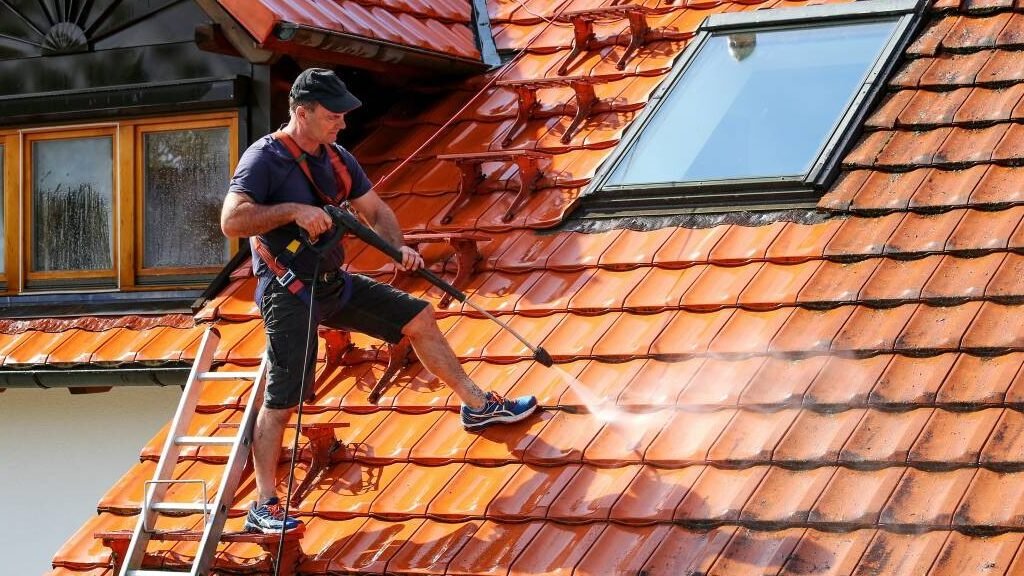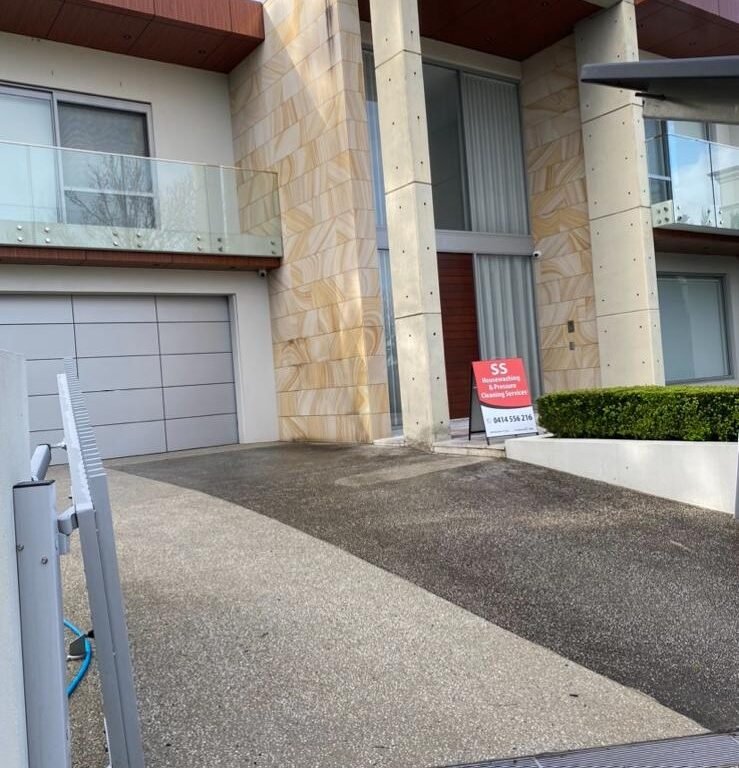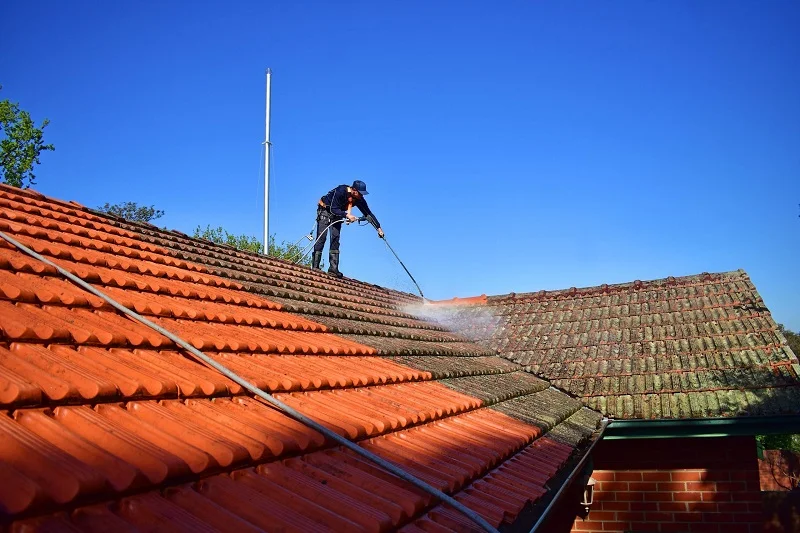Soft Wash vs Pressure Wash
Not every surface around your home can handle a high-pressure clean. For instance, delicate surfaces like wood or certain types of paint may be damaged by high-pressure cleaning. And not every job calls for chemical solutions either. The trick is knowing the difference – and choosing the method that gets the result without causing damage.
At SS House Washing and Pressure Washing Sydney, we are frequently asked: “Should I go with pressure washing service or soft house washing?” Rest assured, our team’s expertise will guide you to the best solution, depending on the type of cleaning needed, its composition, and the level of stubbornness of the grime.
Here’s how we explain it to customers: we prioritise your understanding, no jargon, no sales pitch, just the facts.
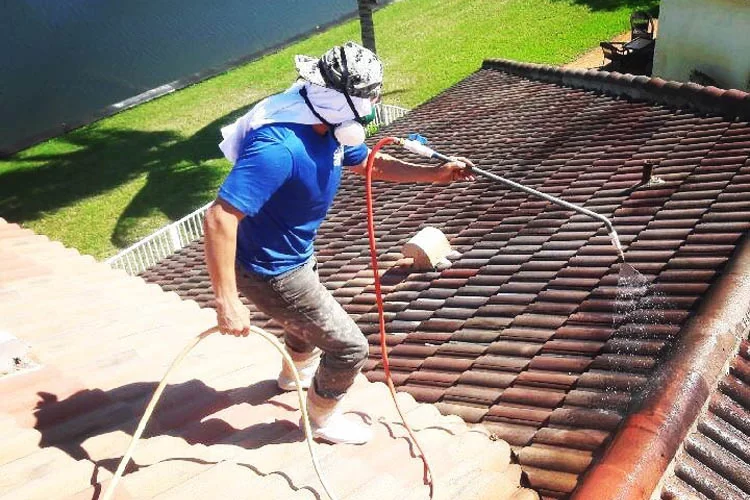
What’s Pressure Washing All About?
Pressure washing, often the first method that comes to mind, involves using high-pressure washing service, typically ranging from 1,300 to over 2,800 PSI (pounds per square inch), to dislodge built-up dirt, mould, stains, and even flaky paint. In most cases, no chemicals are needed, just water and power.
It’s a versatile solution for tasks that require a bit of muscle. Imagine driveways layered with years of grime, garage floors stained with oil, or concrete paths overgrown with moss. The pressure swiftly strips it all away, leaving surfaces clean and revitalised.
However, it’s not a tool to be wielded carelessly on a painted wall, a weatherboard home, or an old rendered surface. Excessive pressure can lead to paint chipping, surface damage, or even water seeping behind cladding. This is where the more delicate approach of soft washing becomes crucial.
What is Soft Washing?
Soft washing offers a gentler way to clean, but don’t be fooled, it’s still very effective. It uses low-pressure water, similar to what you’d get from a garden hose, combined with specially prepared cleaning solutions.
This combination works to break down and treat the grime, rather than just pushing it off the surface. It’s perfect for situations where high-pressure washing could cause damage, or when dealing with more than just surface dirt, like mould, algae, lichen, and bacteria.
These aren’t simple stains, they’re living growths that can quickly return if not treated properly. With soft washing, we gently apply a safe, biodegradable solution that penetrates the surface, eliminates the harmful microbes at their source, and lifts everything away naturally. A final low-pressure rinse leaves everything looking fresh and clean, all while keeping your paint, plants, and pets safe.
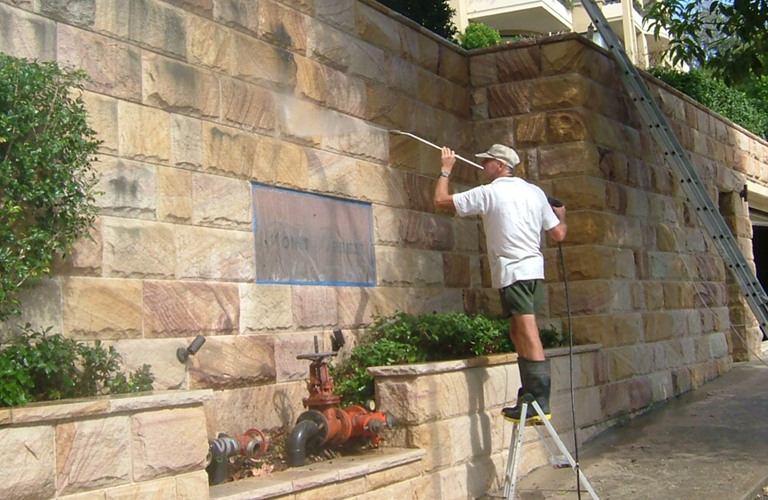
What Surfaces Suit Each Method?
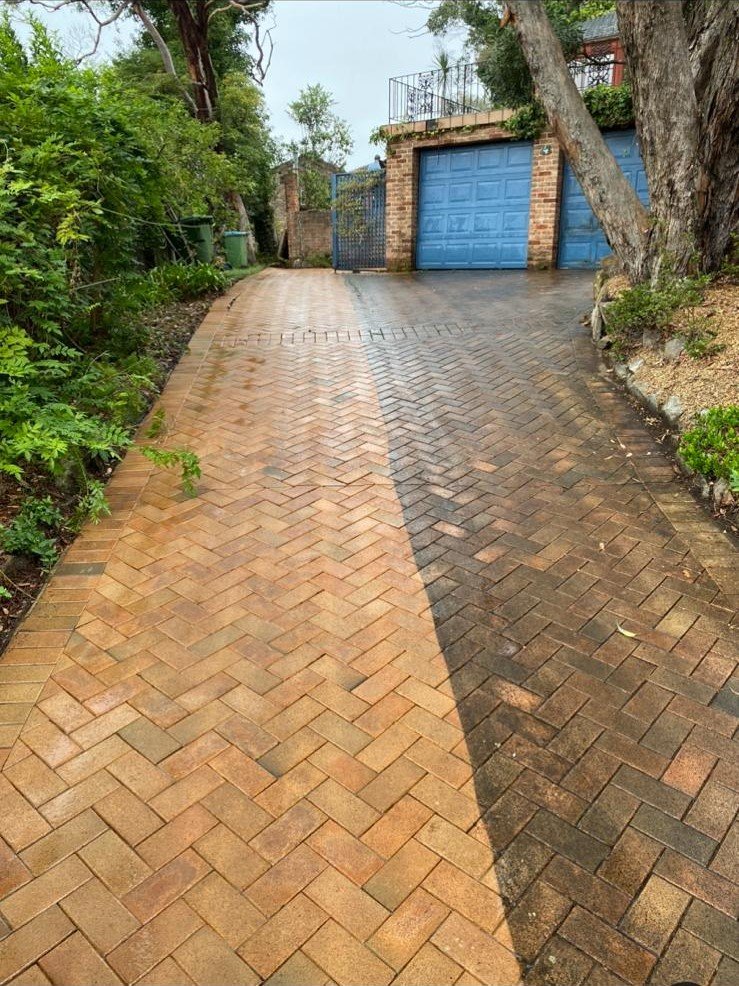
- Concrete driveways and paths
- Pavers and stone walls
- Brick surfaces
- Garage floors
- Heavily stained hard surfaces
- Painted timber or weatherboard
- Rendered or cladded walls
- Roof tiles (including terracotta and Colorbond)
- Solar panels
- Outdoor furniture and fences
- Older or heritage properties
If you’re not sure which one’s right for your job, we’ll always assess the surface and explain the safest and most effective approach. That’s our standard — honest advice before anything else.
Why It Matters in Sydney
Living in Sydney means we’re dealing with a unique mix of coastal salt, moisture, humidity, city dust, and intense sun. That combo is a breeding ground for things like mould, algae, and grime, especially on shaded or damp areas.
In our experience, soft washing is often the better long-term solution for homes around Sydney, especially in leafy areas like the North Shore, Northern Beaches, Inner West and Hills District. It doesn’t just make things look better, it actually kills the stuff that keeps coming back.
That said, pressure washing still has its place, especially on hard surfaces that just need a proper scrub to lift years of wear and tear.
Why We Often Use Both
On many jobs, we like to use both methods because not everything requires the same approach. For instance, we might gently wash the walls of your home to keep them safe, then use pressure washing for your driveway or retaining wall. This way, you enjoy a complete exterior refresh, with each surface getting the special care it needs, safely and effectively.
What Can Go Wrong if You Choose the Wrong Method?
We’ve seen this happen all too often, someone hires an affordable contractor with a pressure washer who doesn’t quite get the difference. Paint gets stripped, timber gets gouged, render cracks, water sneaks behind the cladding, and mould makes a return after just a month.
That’s why it’s so important to get it done right the first time, by people who truly know what they’re doing.
At SS House Washing and Pressure Washing Sydney, we bring the perfect mix of the right equipment, the right knowledge, and a positive attitude.
The Bottom Line: It’s Not One-Size-Fits-All
Soft washing and pressure washing both deliver excellent results, when applied correctly to the appropriate surface. What matters is understanding what each part of your property needs and selecting the appropriate method for the material. We’ve worked on homes all over Sydney, from brand new builds to heritage cottages. And we’ll always take the time to explain what’s best for your place, rather than just turn up with a pressure cleaner and hope for the best.
Need Help Deciding? Let’s Talk
If you’re looking at your home and thinking it’s overdue for a clean, but you’re not sure where to start, we’re happy to help. We offer free, no-obligation quotes, and we’ll talk you through exactly what your property needs.
📞 Call us today on 0414 556 216
Let SS House Washing and Pressure Washing Sydney take care of it, properly, safely, and with pride.
FAQs – Soft Wash vs Pressure Wash Sydney
What is the difference between soft washing and pressure washing for homes in Sydney?
Soft washing gently combines low-pressure water with eco-friendly chemicals to carefully eliminate mould, algae, dirt, and grime from delicate surfaces such as painted walls, roofs, and render. Meanwhile, pressure washing uses powerful high-pressure water to effectively remove tough stains and buildup from sturdy surfaces like driveways, concrete, and brick. Both methods are designed for different needs and are selected based on the type of surface and cleaning goals.
Is soft washing safer for my painted exterior walls compared to high-pressure cleaning?
Yes, soft washing is a much safer and more effective choice for painted surfaces, render, weatherboard, and other delicate exteriors. Pressure washing can peel paint, etch surfaces, and cause water to get behind walls. In Sydney’s climate, where mould and mildew are common, soft washing not only cleans but also sanitises the surface for longer-lasting results.
How do I know if my Sydney property needs soft washing or pressure washing?
A gentle wash works well for roofs, cladding, rendered walls, and spots with organic growth like lichen, algae, or mould. For driveways, patios, pathways, and tough dirt on hard surfaces, pressure washing does the trick. Getting a professional from SS House Washing to assess your property will help find the best cleaning method for your surfaces and conditions.
Can pressure washing damage concrete driveways or pavers if done incorrectly?
Yes, using the wrong pressure settings or nozzle can sometimes cause serious damage like surface pitting, cracking, or pavers loosening. At SS House Washing and Pressure Washing Sydney, we carefully choose the right pressure for each material and condition, ensuring we deliver impressive results safely and gently.
How often should I soft wash or pressure wash my home in Sydney’s weather conditions?
In Sydney, it’s a good idea to soft wash the outside of your home every 12 to 18 months to help keep mould, algae, and salt from building up. If you have a busy driveway or patio, you might want to consider pressure washing every 6 to 12 months for a fresh look. Remember, if your home is near trees, the coast, or in shaded spots, you might find you need to do it a bit more often to keep everything looking nice and clean.
Is soft washing effective at removing black mould and green algae from walls and roofs?
Absolutely! Soft house washing is expertly created to gently kill and remove mould, algae, mildew, and lichen with eco-safe chemical solutions. Unlike pressure washing, which can just blast away the surface, soft washing targets the root problem, giving Sydney homes a cleaner and more lasting protection.
Will soft washing or pressure washing increase my property’s value or street appeal?
Absolutely! Both options can really enhance your property’s curb appeal and might even give its market value a nice boost. A tidy exterior shows you’re taking good care of your home, making it more inviting to potential buyers or tenants. SS House Washing offers expert soft and pressure washing services that can help your Sydney property look fresh, clean, and well-maintained.
Are soft wash chemicals safe for pets, plants, and the environment in Sydney?
When done with care, soft washing employs environmentally friendly and biodegradable cleaning solutions. At SS House Washing, we make sure to gently pre-wet and rinse your plants, safeguard nearby vegetation, and use pet-safe solutions that meet Australian safety standards, showing our commitment to protecting both your home and the environment.
How long do the results of soft washing vs pressure washing typically last?
Soft washing tends to last longer, especially when treating mould or mildew, because it effectively kills the spores at their source. Many homes in Sydney enjoy the benefits of a proper soft wash that can keep their surfaces looking fresh for 12–24 months. While pressure washing delivers fantastic visual results for tough surfaces, it might need to be done more frequently since it doesn’t penetrate as deeply.
Can I DIY soft washing or pressure washing, or should I hire a professional in Sydney?
Trying to pressure wash on your own can be risky and might cause damage or injury, or just not clean as well as you’d like. Soft washing needs special equipment and know-how. Picking a trusted team like SS House Washing and Pressure Washing Sydney means your property gets a careful, safe clean that respects local environmental rules.




